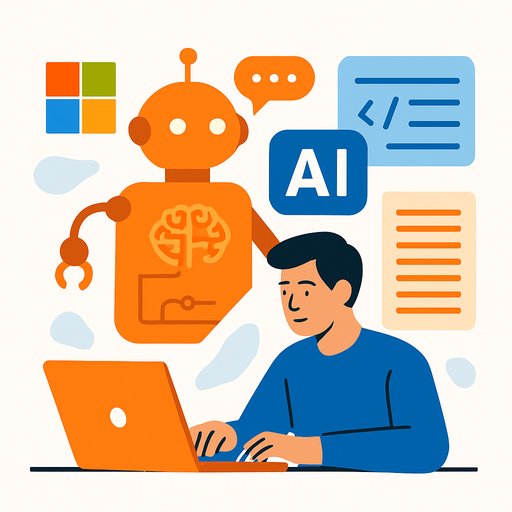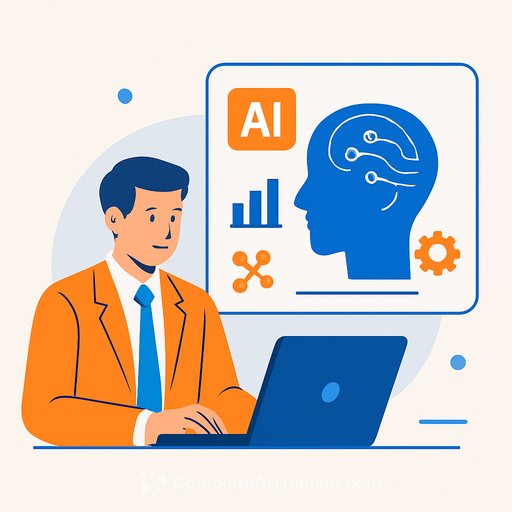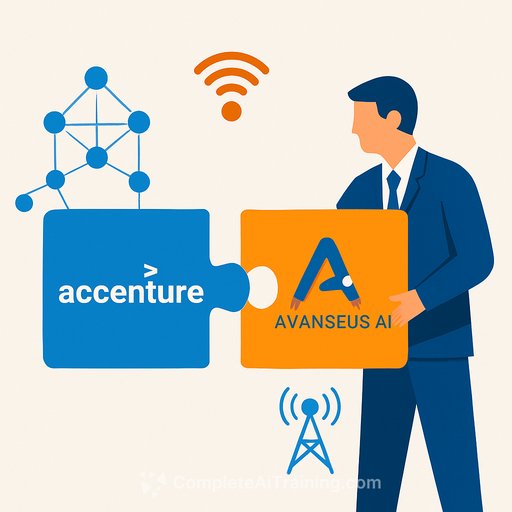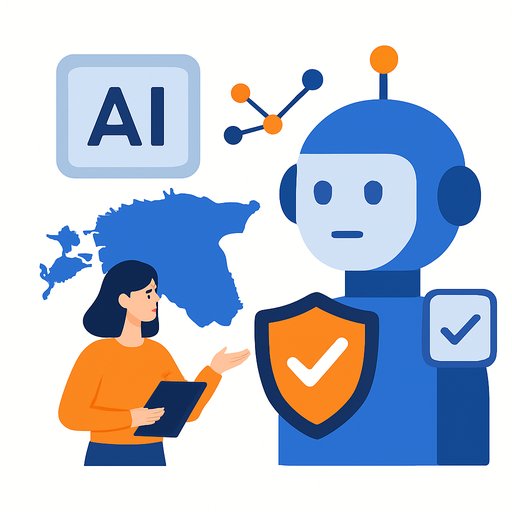Microsoft announces preview of open-source Agent Framework for building AI agents
Microsoft introduced the Microsoft Agent Framework in preview, an open-source SDK that streamlines how developers build and ship AI agents. It unifies two previously separate efforts-Semantic Kernel for enterprise foundations and AutoGen for multi-agent research-into a single, production-focused toolkit.
The goal is simple: remove the tradeoff between experimentation and stability. Microsoft showcased working agents in under twenty lines of code, putting agent development within reach for teams without deep AI specialization.
Core pillars
- Open standards & interoperability - Supports Model Context Protocol (MCP), Agent-to-Agent (A2A) communication, and OpenAPI-driven integrations for portability across runtimes. Learn more about MCP here.
- Pipeline for research - Brings proven AutoGen patterns like group chat, debate, and reflection into a framework with enterprise-grade reliability.
- Extensible by design - Modular connectors for Azure AI Foundry, Microsoft Graph, SharePoint, Elastic, Redis, and more. Declarative agent configs via YAML/JSON enable version control and repeatable workflows.
- Ready for production - Built-in OpenTelemetry, Azure Monitor integration, Entra ID auth, and CI/CD hooks for GitHub Actions and Azure DevOps.
Orchestration patterns that ship
The framework supports multiple coordination styles that started as research in AutoGen and now run with production controls.
- Sequential - Straight-line task pipelines.
- Concurrent - Parallelized tasks with shared context.
- Group chat - Multi-agent collaboration with roles and debate.
- Handoff - Intelligent escalation between agents or to humans.
Runtime support and quick install
Python and .NET are supported out of the box. Use pip or NuGet to get started quickly.
Python: pip install agent-framework
.NET: dotnet add package Microsoft.Agents.AI
Integrations and operations
Connect to your stack using built-in adapters for Azure AI Foundry, Microsoft Graph, SharePoint, Elastic, and Redis. Define agents declaratively in YAML/JSON and plug in memory backed by the stores you already use.
Operational needs are covered: OpenTelemetry for traces and metrics, Azure Monitor for dashboards and alerts, Entra ID for secure auth, and smooth CI/CD via GitHub Actions or Azure DevOps.
Migrate from Semantic Kernel or AutoGen
Microsoft provides migration guides so teams can keep existing code and extend it with new features. The framework isn't a replacement-it merges prior investments with a cleaner, unified path forward.
Practical ways to use it
- Knowledge assistant for employees - An agent that answers internal questions by pulling context from Microsoft Graph and SharePoint with access controls via Entra ID.
- Incident triage - A concurrent workflow where one agent summarizes logs (Elastic/Redis), another proposes fixes, and a third validates steps before creating a ticket.
- Customer support copilot - Group chat agents that classify, draft responses, and escalate via handoff when needed, with full observability and audit trails.
Getting started checklist
- Pick your runtime (Python or .NET) and install the SDK.
- Define your agent in YAML/JSON: goals, tools, memory, and policies.
- Choose an orchestration pattern (sequential, concurrent, group chat, handoff).
- Wire up connectors (Azure AI Foundry, Graph, SharePoint, Elastic, Redis).
- Enable OpenTelemetry and route data to Azure Monitor.
- Secure with Entra ID and set up CI/CD (GitHub Actions or Azure DevOps).
- Ship a minimal agent first, then iterate with tests and telemetry.
Availability
The framework is available now in preview via GitHub and package managers for Python and .NET. A 30-minute introduction video is also available from the Microsoft team.
Further learning
- Model Context Protocol (MCP): Official site
- Curated AI courses by role: Complete AI Training
Your membership also unlocks:





